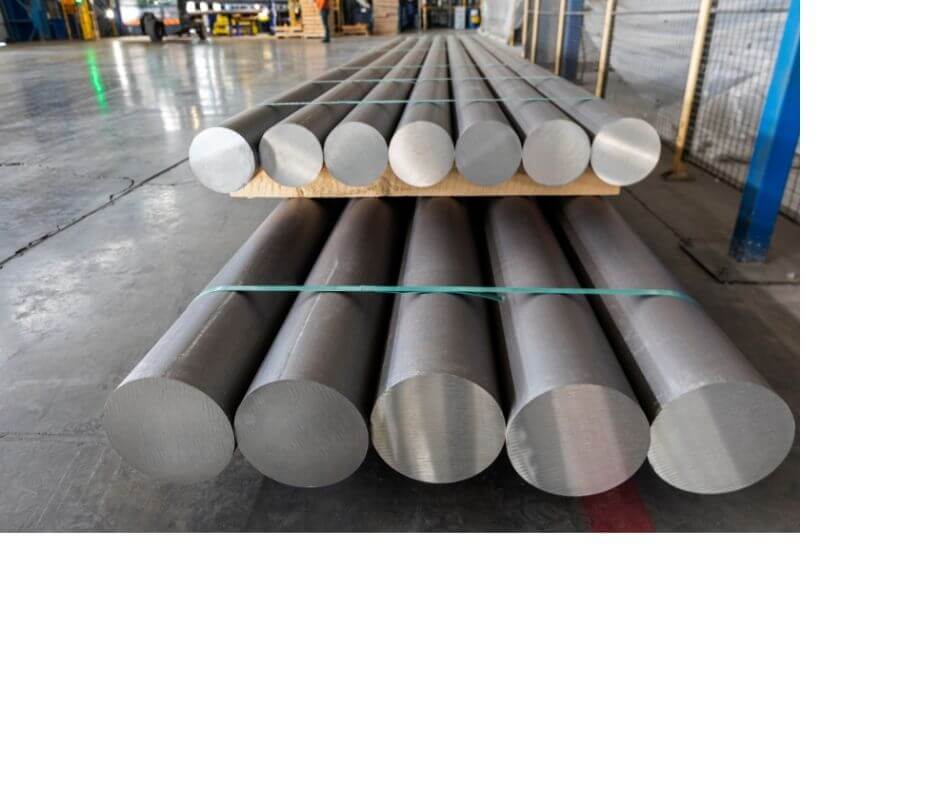Extrusion design not only involves the functionality of the extruded component, but also includes selecting the right aluminum extrusion alloy. High-strength along with lightweight properties and corrosion resistance make aluminum extrusions well-suited for a wide range of applications. From industrial and automotive purposes to consumer electronics, aluminum extrusions offer you mechanical benefits that make it a versatile choice for your extrusions.
While general properties of aluminum reflect aluminum’s versatility, it’s important to note the differences in aluminum alloy grades. Selecting the right aluminum grade for your extrusions can ensure your extrusion design can withstand the demands of your application requirements.
Aluminum Alloy Characteristics
Aluminum grades are identified by their series number, from 1xxx series to 7xxx series. The aluminum grades best suited for extrusions include alloy series 1xxx and 6xxx series.
1xxx Series Aluminum
1050 Aluminum
- Non heat-treatable
- Excellent corrosion resistance
- Excellent workability
- Electrically conductive
- Lower strength than other aluminum grades
- Reflective finish
- Commercially pure aluminum
6xxx Series Aluminum
6005A Aluminum
- Medium-strength
- Excellent extrudability
- -T1, -T5, -T61 tempers for toughness
- Can be used for hollow or open extrusion designs
6061 Aluminum
- Often used as a substitute for low carbon steel
- Medium to high strength
- Heat-treatable
- Excellent weldability
- Fair surface finishing
- Used for hollow and solid extrusions
- -T1, -T4, -T51, -T6 tempers for added strength
6063 Aluminum
- Excellent surface finishes
- Ideal for thin walled designs or complex geometries
- Cost-efficient
- Easily extruded
- Suitable for heat sinks
- -T1, -T4, -T5. -T6 temper options
6351 Aluminum
- Higher strength than 6061
- Impact resistant
- Excellent corrosion resistance
- Excellent finishing characteristics
- -T6 temper
6360 Aluminum
- Bright, high-quality finishes
- Good corrosion resistance
- Good machinability
- Well-suited for complex shapes
6463 Aluminum
- High quality finishes
- Bright, mirror-like
- Excellent extrudability
- Ideal for decorative applications
- Medium strength
- -T1, -T4, -T6 tempers
Aluminum Alloy Tempers
Extrusion tempers provide added strength, allowing aluminum to be a suitable substitution for steel. Common extrusion tempers include:
- T1 – cooled from an elevated temperature and naturally aged
- T2 – cooled from an elevated temperature, cold worked, naturally aged
- T3 – solution heat-treated, cold worked, and naturally aged
- T4 – solution heat-treated and naturally aged
- T51 –cooled from an elevated temperature, stretched for stress-relief, and artificially aged
- T6 – solution heat-treated and artificially aged
- T61 – solution heat-treated and artificially aged
Design Factors to Consider When Choosing Your Aluminum Extrusion Alloy
Factors to consider for your extrusion designs include wall thickness and shape complexity. Complex geometries and thin walls require aluminum alloys like alloys 6063 or 6360 to ensure uniform extrusion shapes and less distortion. Additional factors to consider include:
- Whether the extrusions will be used for structural or non-structural purposes
- Finishing requirements
- Strength requirements
- Heat sink uses
Why Selecting the Right Aluminum Grade Matters
Eliminating unnecessary design issues by selecting the right aluminum grade for your extrusions can save you time and money. Working with an experienced aluminum extrusion manufacturer can provide you with the necessary guidance and industry knowledge to ensure your extrusions can deliver the performance you need. Contact Compass & Anvil and discuss your aluminum extrusion project with us today.



